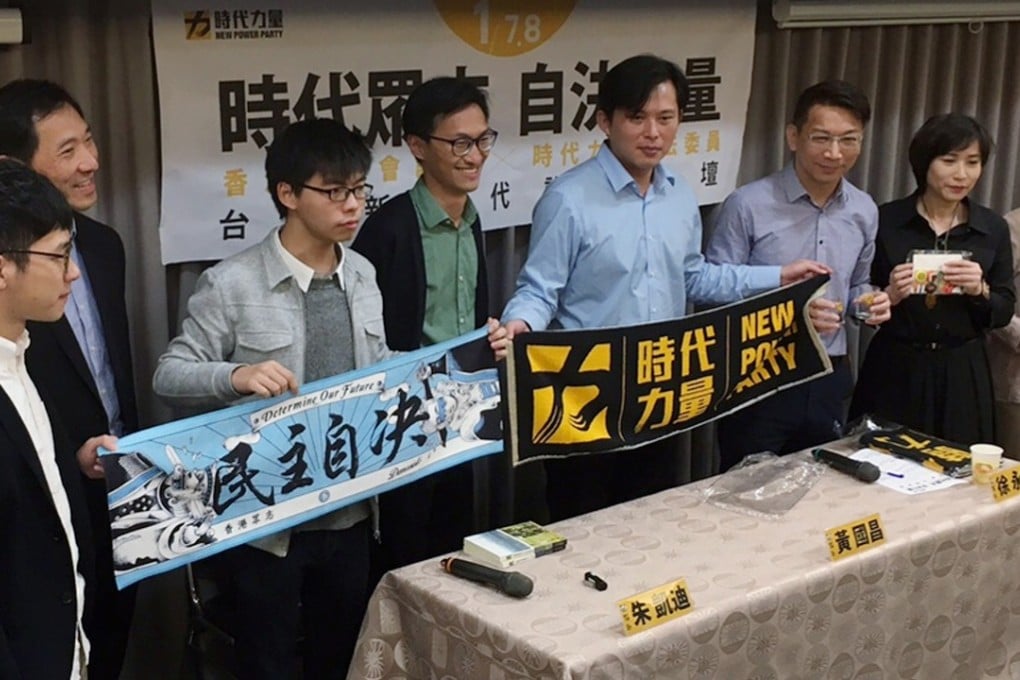Steer clear of separatist forces in Taiwan
Some Hong Kong lawmakers are fuelling tensions with the central government by engaging with pro-independence groups in Taipei, a futile act that will benefit no one

Just as the political atmosphere in Hong Kong has calmed in recent months, some local lawmakers and activists have ratcheted up tensions by joining the Taiwan Congressional Hong Kong Caucus founded by the island’s pro-independence forces. The move has, of course, provoked Beijing and further added to the already strained cross-strait relations.
The caucus members denied that the group was set up to push for independence, saying they would only focus on democratic reforms and freedoms. But Beijing obviously views it in a different way. This is reflected in the strong response from the mainland’s Taiwan Affairs Office, which branded the caucus “an attempt by Taiwan’s independence forces to collude with Hong Kong’s independence advocates’’.
Amid growing pressure from Beijing, the Hong Kong lawmakers may have sought to broaden support for their cause through collaboration with their Taiwan allies. But it is difficult to see how Hong Kong could benefit from the exchange. Beijing has long rejected any external forces getting involved in the city’s political development. Engaging with Taiwan on this front will only complicate matters.
The Taiwanese lawmakers are also unwise to play the Hong Kong card. It is clear that Taiwan has no role to play in shaping the city’s political development and pursuit of freedoms. The founders of the caucus were involved in the protests against the island’s move to develop closer trade ties with the mainland three years ago. Their collaboration with Hong Kong lawmakers and activists will naturally fuel suspicions in Beijing.
This is not the first time Beijing has been opposed to Hong Kong lawmakers engaging in activities seen as threatening national unity. A chorus of verbal attacks came in 2003, after former legislator Emily Lau Wai-hing attended a forum held by a pro-independence think tank in Taipei. Lau maintained that she enjoyed freedom of speech and would continue to speak her mind. But given that Beijing regards lawmakers as part of the establishment, moves that are not in line with state policies will not be accepted.